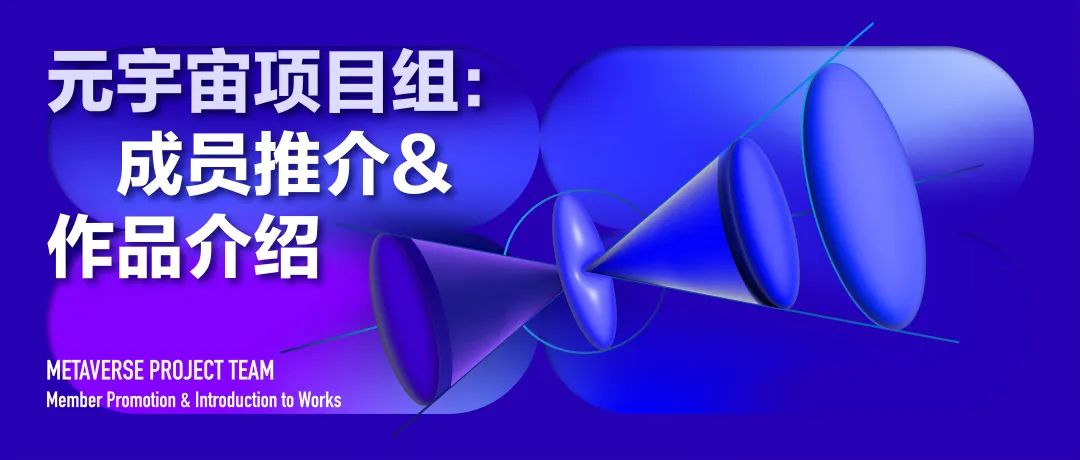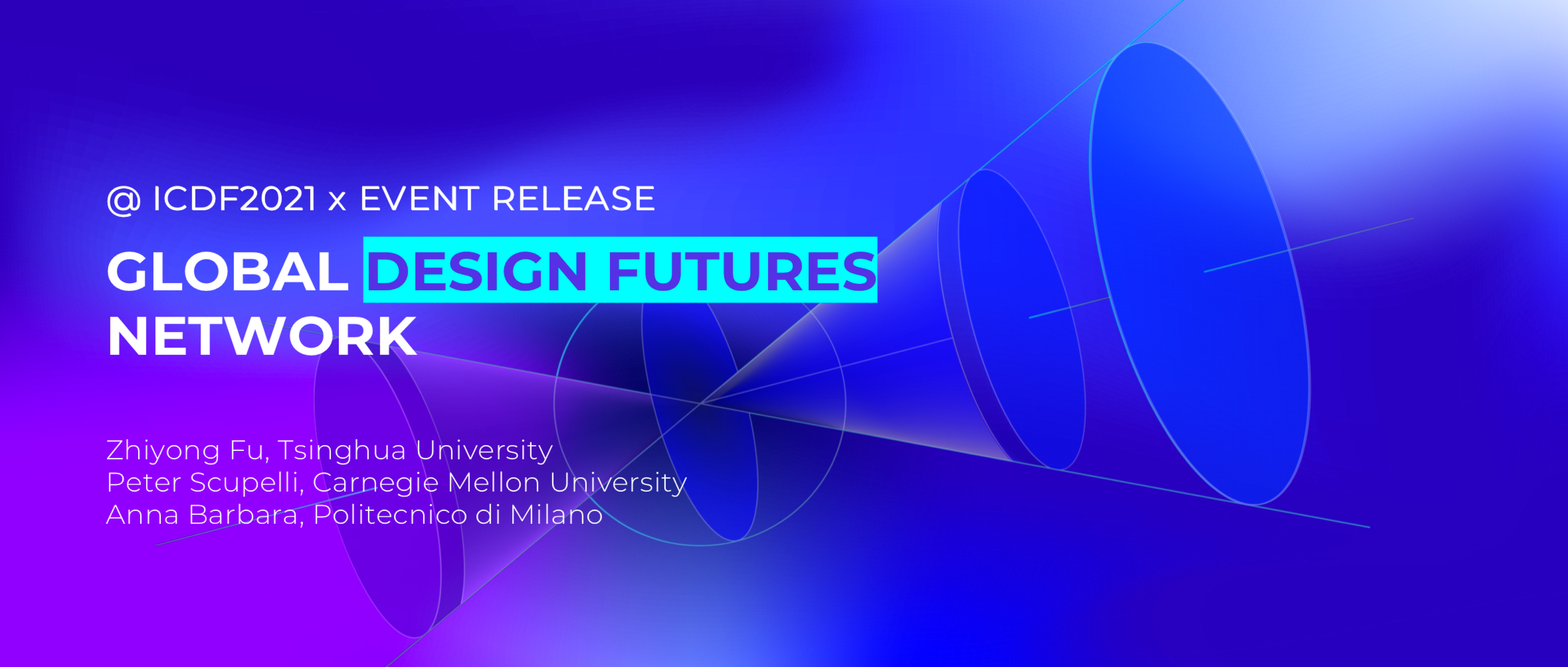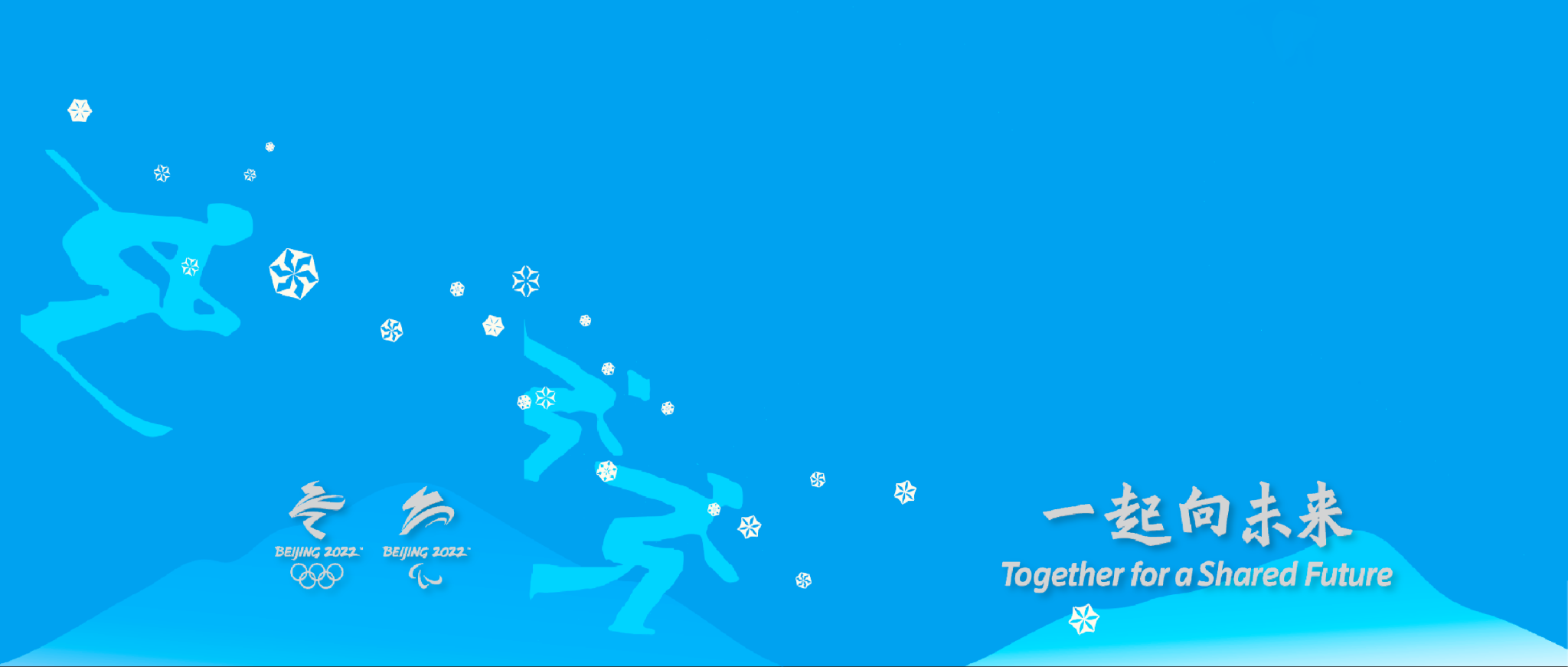Research
01
Research Direction
Four major research directions
Innovation.
For the digital economy
Based on the socio-technical context of digitalization, networking and intelligence, the team focuses on the paradigm shift from "good life" to "future well-being", and explores future-oriented products and services and economic models by combining metaverse.Creating new value for business and the public.
Education.
For forward-looking education
The team works with UNESCO's Future Literacy Lab Network to provide the knowledge system, methodological tools and educational ecology of future literacy for change-makers in society, industry and education.Nurturing future literate and future shaping people.
Dissemination.
Sustainability-oriented
The team is facing the challenges brought by sustainable development, based on the open innovation model, with the support of information technology, to provide new ways of thinking and solutions for urban renewal, rural revitalization and community creation.Responding to counteracting problems with proactive design and cross-border innovation.
Connections.
Addressing global challenges
The team is oriented towards the common problems of building a community of human destiny, around the theory and practice of designing the future, through conferences and workshops, creation and exhibitions, events and incubation, gathering youth power and think-tank networks.Contribute Chinese wisdom with international action.
Good Life & Product Service
In the context of Web 3.0 and digital life, we focus on the paradigm transformation of "good life" and "future well-being", and start from the derivative field of product and service innovation to build behavioral data assets, deduce design prototypes through theoretical construction and action reflection. We provide forward-looking solutions. Through the perspective of "future well-being", we enter the field of inclusive design research, construct the paradigm of future aesthetics, explore the symbiotic form of future products, and continuously create value for enterprises, governments and the public.
(1) Good Life - Future Well-being
It is dedicated to incorporating well-being experiences in new scenarios and services, and realizing the goal of technology for good. The direction collaborates with the metaverse technology platform to research from digital well-being to future well-being, and to build digital living and working space forms with different functions based on the future persona library.
(2) Good Life - Future Aesthetics
Focus on the depiction and construction of future aesthetics and future life forms. The group uses virtual reality and augmented reality to explore future work patterns; the group mines future scenes and future personas and constructs a research methodology for future aesthetics.
(3)) Good Life - Future Products
In the context of Web 3.0 and digital life, we focus on the leap of meaning of product form from artifact, culture, emotion to metaphor; on the value dimension of intelligent products as "possession tools" and their discursive properties; on the symbiotic relationship of future products.
(4) Good Life - Future Health
Based on the fields of wearable and digital ageing, we provide a new vision for wearable and digital health based on design foresight and inclusive design methods. Through cooperation with smart hardware and smart home companies, we explore new solutions for future life scenarios and product services.
Good Life &
Product Service
Future Literacy & Future Thinking
"Design Futures is becoming a new disciplinary growth area, and many leading universities around the world are conducting academic research and professional education to cultivate complex and innovative talents for future development. Based on the cutting-edge exploration of "Designing the Future", we have built a knowledge ecology and cultivation system for Designing the Future from an interdisciplinary perspective, and have collaborated with UN agencies, overseas universities and experts to develop curricula, teaching materials and design tools to support the construction and implementation of this professional direction.
(1)) Innovation - New Knowledge
Innovation - New Knowledge" takes the UNESCO Future Literacy Theory and Framework as a starting point, and cooperates with the head of the Future Literacy Chair and Carnegie Mellon University to build a forward-looking "Design for the Future" knowledge system through courses, books, dictionaries and papers based on the integration of design and futurism. The future" knowledge system is built through courses, books, dictionaries and papers.
(2) Innovation - New Infrastructure
"Innovation - New Infrastructure" is an innovation infrastructure based on digital intelligence, providing innovators with a platform, tools and resource base to support the "design of the future". Through an integrated online and offline platform, futurology and design tools, open source technology solution materials, and other content, it helps to bring innovative ideas to life.
(3) Innovation - new experiments
"Innovation - New Experiments" is a series of Future Literacy Workshops (FLL), Future Ideas Labs and Innovation and Entrepreneurship Competitions in collaboration with FAO and UNESCO's Future Literacy Network, providing young innovators with a platform to "design the future The "Designing the Future" platform provides a platform for hands-on activities for young innovators.
(4) Good Life - Future Health
"Innovation-New Vision" aims to establish an international academic alliance and exchange platform for "Designing the Future" by organizing the International Conference on Designing the Future (ICDF) and building the Global Designing the Future Network (GDFN) to provide educators, researchers and practitioners with "By organizing the International Conference on the Future of Design (ICDF) and building the Global Network for the Future of Design (GDFN), we aim to provide educators, researchers and practitioners with international resources to support the Future of Design ecosystem.
Future Literacy&
Future Thinking
Ecolab Competition & Future Exhibition
At the "critical point" of the integration of art and science, we build a future science center, a future art pavilion, and a future art base through international innovative events, digital exhibition methods, discursive innovative works, and a digital model based on metaverse for science education and art innovation. Incubation platform.
(1)) Arts & Sciences Integration - Innovation Track
Create a good development environment for innovation and entrepreneurship creation for the cultural and creative team through the internationalized Arts and Sciences track to maximize the release of youth innovation and entrepreneurship creation momentum. Cultivate the innovation power of young teams by focusing on science and technology, people-oriented, people and society and innovation and entrepreneurship education.
(2) Arts & Sciences Fusion - Content Assets
Explore the transformation of digital curation and immersive exhibition hall design with the idea of art-science integration and digital humanities. Utilize XR (VR, AR, MR) and other immersive technology tools to focus on topics such as meta-universe, crypto-art, and creators' economy, explore the content asset transformation model, and build a digital cultural and creative pavilion.
(3)) Arts Integration - Creation of Works
With the perspective of science fiction and design fusion, we explore the future city form from the perspective of the evolution and evolution of AI city, and create virtual reality experience works based on the intelligent living lab (Living lab) and design fiction method to generate future stories around education, life science, health, transportation, and sports fields.
(4) Arts and Science Integration - Science Education
Based on the method of designing the future and scenario planning, we explore the application mode of scenario experience and participatory design in science museums and science centers, develop digital people and digital science education contents, and combine the mechanism of metaverse world building (World Building) to build informal learning spaces, metaverse science labs and experience spaces.
Arts Competition &
Future Exhibitions
Human-centered City & Future Community
In response to the globalization climate challenge and digital revolution, we integrate future thinking and design innovation concepts, design foresight and scenario planning methods, conduct remote and local research, build digitally integrated urban scenarios, provide future vision foresight solutions for urban renewal and community creation from four dimensions: economic vitality, environmental quality, cultural heritage and social equity, and help transform the digitalization of people-centered cities.
(1)) Human Centered City - Aggregation System
The "Human-Centered City - Aggregation System" is based on smart city research and a multidisciplinary perspective, focusing on the aggregation theory of smart city and artificial intelligence, exploring the application model of Living Lab in collaboration with UN-Habitat team, and collaborating with the University of Reading, UK. Explore the AI city to human life, work and leisure reconfiguration scheme.
(2) Human-centered City - Climate Action
The "Human-Centered City - Climate Action" is based on the concept of sustainable development and the application of climate challenges, and conducts forward-looking research related to the "circular economy" and "dual carbon goals". Through collaboration with innovative companies, social organizations and youth communities, the program contributes to low carbon and green design initiatives.
(3)) Human-centered City - Common Good Community
The "Human-Centered City - Communities for the Common Good" emphasizes solving practical problems through co-creation by users and multiple stakeholders, and provides intelligent solutions for inclusive social innovation projects in the fields of smart living, smart mobility, public space, and aging communities, in cooperation with social enterprises and institutions.
(4) Human-centered City - Digital Life
The "Human-centered City - Digital Life" conceptualizes and iterates the future digital life scenarios of the Metaverse through the design future approach; builds an ecological platform and design system with the participation of designers; explores the value of user behavior data; develops customization and operation service capabilities; and explores new business models for the unique economic system of the Metaverse. We will explore new business models for the unique economy of Metaverse, and provide cases and standards for industry transformation.




